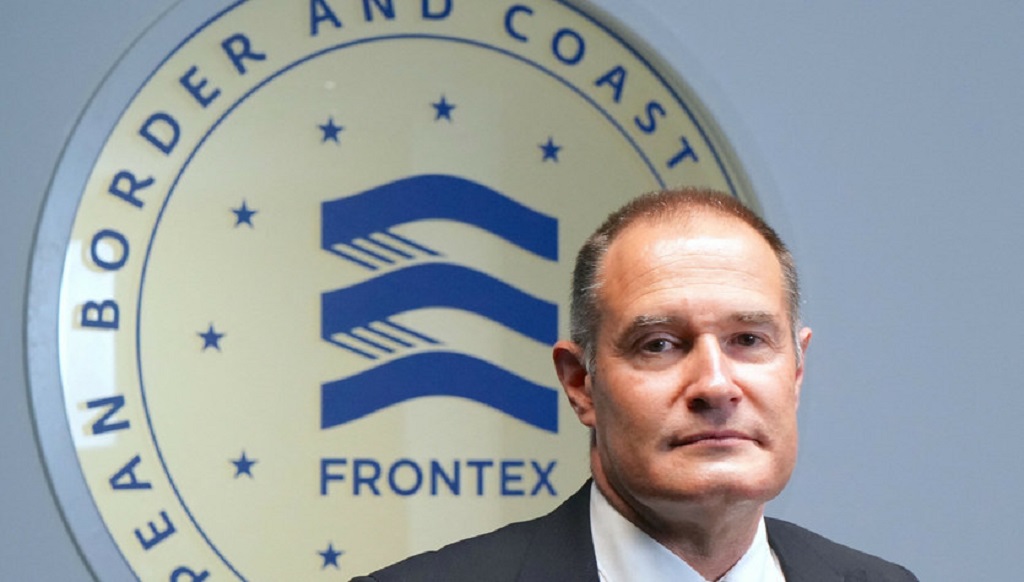By Álvaro Peñas
Frontex, the European Border and Coast Guard Agency, whose mission is to defend Europe’s borders, has once again found itself embroiled in a political scandal. It is not the first time. In January 2021, Frontex announced its exit from Hungary because of the immigration policy of Viktor Orbán’s government. A departure that was preceded by the campaign of the Hungarian branch of the NGO “Helsinki Committee”, which, unsurprisingly, is funded by George Soros’ Open Society. In September, Warsaw-based Frontex asked the Polish government for access to the border with Belarus. The Poles agreed, and in October Frontex executive director Fabrice Leggeri went to the border with Polish deputy interior minister Bartosz Grodecki. Leggeri said at the time he was impressed by the Polish deployment to protect the border, which earned him harsh criticism from NGOs for “allowing migrants to die on the Belarusian border”.
Last week a new scandal erupted and Fabrice Leggeri resigned in connection with the forthcoming publication of the European anti-fraud watchdog OLAF’s report on the management of Frontex. The report, which, in line with left-wing parties and NGOs, denounces “hot returns” and the violation of migrants’ “fundamental rights”. The confrontation between Leggeri, who took office in 2015 and was reappointed in June 2019, and NGOs goes back a long way, with Frontex facing a complaint from pro-immigration NGOs demanding access to the agency’s operational information. In November 2019, the European Court of Justice ruled in favour of Frontex and justified its refusal to provide operational information.
Therefore it is not surprising that Open Arms called Leggeri’s resignation “good news”, or that Doctors Without Frontiers accused him of carrying out “hot returns”. But the fact is that so-called “hot returns” are not legally defined in an objective way. An issue that, according to Leggeri himself, lies between the principle of non-refoulement enshrined in the Geneva Convention and the border surveillance and prevention of illegal entries defined in the Schengen Borders Code. However, this lack of clear legal definition has not prevented the litanies of condemnation in the EU, repeated ad nauseam by most of the media, now coupled with possible economic sanctions, of those countries that have had the audacity to effectively defend their borders, particularly Poland and Hungary.
Leggeri posted his resignation letter on the internet, stating that his impression is that Frontex’s mandate has been changed in a creeping but real way. That is, the task of border protection has been replaced by the mission of monitoring compliance with fundamental rights when managing border protection. The European Commission was quick to respond to the former Frontex director, pointing out that the agency’s mandate has not changed and that its mission remains to help member states defend the EU’s external borders.
The Frontex regulation is clear: “…The aim is to manage the crossing of the external borders efficiently and address migratory challenges and potential future threats at those borders, thereby contributing to addressing serious crime with a cross border dimension and ensuring a high level of internal security within the Union…”. The security of EU member states is the agency’s core mandate. Of course, that does not mean that fundamental rights should not be respected, but the mission to defend and protect the borders of European nations is the reason for Frontex’s existence.
The war in Ukraine has created an unprecedented humanitarian crisis, a crisis that is being addressed by precisely those countries that have suffered most from media lynching and harassment by the Commission, again Poland and Hungary. But it seems that nobody in Brussels sees or hears anything. The German government hopes that Leggeri’s replacement will be “an opportunity for a new start at the agency”. In view of the growing power of NGOs in all areas of European politics, this new beginning may lead NGOs to ‘police’ our borders.
Source: El Correo de España

